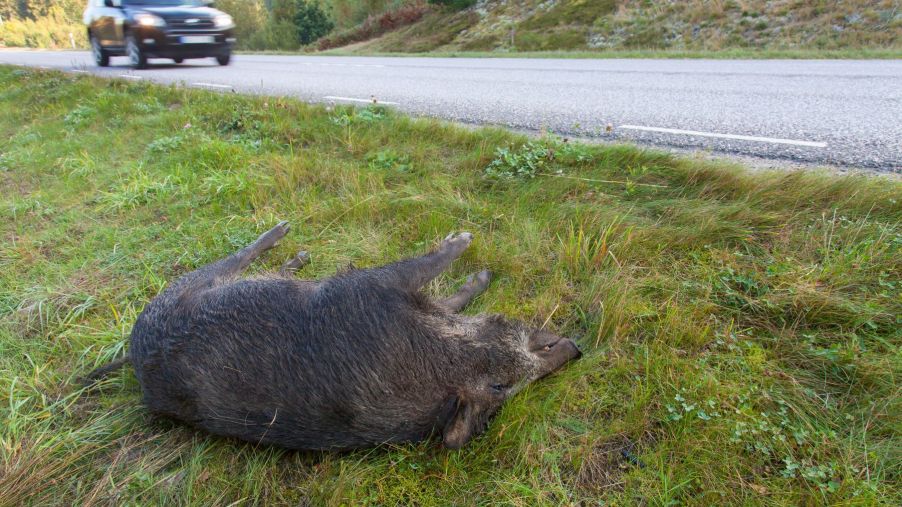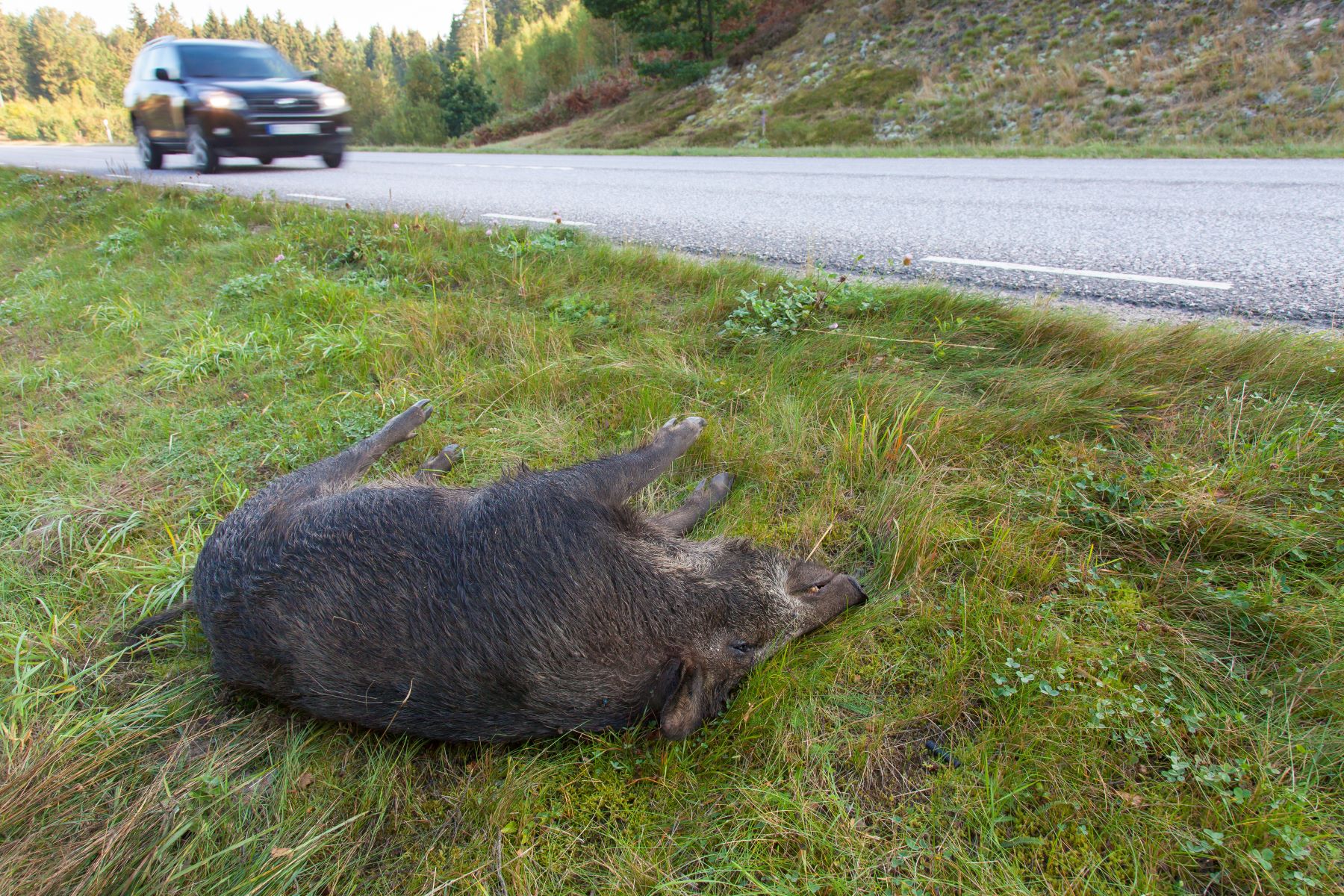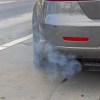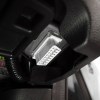
Is It Legal in Your State to Take Roadkill Home to Eat?
Roadkill is a sad but common sight along the nation’s highways and back roads. Worse is hitting a wild animal while driving, which can cause dangerous car accidents when a large beast is involved. Many feel that the meat from roadkill shouldn’t go to waste. When encountering roadkill, is it legal to bring it home to eat? The answer varies by state.
Is eating roadkill really a thing?

People have likely been eating roadkill for thousands of years. It is considered by many to be an ethical choice because the animals were not raised for meat, and the meat would otherwise be wasted. Even PETA agrees that harvesting roadkill provides free-range protein, and roadkill is preferable to factory-farmed, shrink-wrapped supermarket meat. The organization argues that roadside meat is healthier than the antibiotic-laden meat we consume today, and those wild animals don’t suffer the same trauma as animals raised for meat.
According to the Federal Highway Administration, between one and two million large animals are hit by vehicles per year in the United States. This means millions of pounds of venison alone could be salvaged as free-range meat. This is especially true in mountainous and wooded areas, where it is common to see a dead deer by the side of the road.
Which states allow you to salvage dead animals from the road?
According to Wide Open Eats, there are currently 30 states that allow you to bring roadkill home for food in some way. For example, you can harvest only non-protected animals in Alabama during the open game season. In Illinois, you need a proper hunting license, and in Massachusetts, a permit is required, and you have to turn in the roadkill for state inspection.
Other states that allow roadkill salvage in some way are Alaska, Arizona, Arkansas, California, Colorado, Georgia, Idaho, Indiana, Maryland, Michigan, Missouri, Montana, New Hampshire, New York, New Jersey, North Dakota, North Carolina, Ohio, Oregon, Pennsylvania, South Dakota, Tennessee, Utah, Vermont, Washington, West Virginia, and Wisconsin. Check with state authorities to find out the exact laws and requirements in your state because many require permits.
Roadkill laws in California
In California, a law recently put into effect by Governor Gavin Newsom allows residents to take roadkill home and butcher it yourself for free-range meat. According to The Counter, California has legalized eating roadkill under the “Wildlife Traffic Safety Act,” also known as the roadkill bill. The law is only operating in three pilot regions for now. It says that motorists can salvage meat from animals accidentally killed on the road, including wild pigs, elk, deer, and antelope.
Drivers will need to download a smartphone app to report hitting an animal. If it is dead, the state’s fish and game commission immediately issues a salvage permit through the app. If it is still alive, it sends the proper authorities to help.
The risks of taking roadkill home
One of the most significant risks of trying to take a large roadkill animal home is that it might still be alive. A deer or antelope’s powerful kicking legs and hooves can cause serious bodily harm. The best thing to do if you encounter a large animal still alive on the road is to call 911.
The other risk of roadkill is spoilage. According to Live Science, you should first check to see if there is any sign of sickness or previous injury to the animal. If not, there are still risk factors. Heat can cause an animal to start to spoil from bacteria in as little as 15 minutes in the summer. Dirt and water exposures can also increase the risk of dangerous microbes. Finally, you must make sure the gut and intestines are not punctured, which makes the meat inedible.


